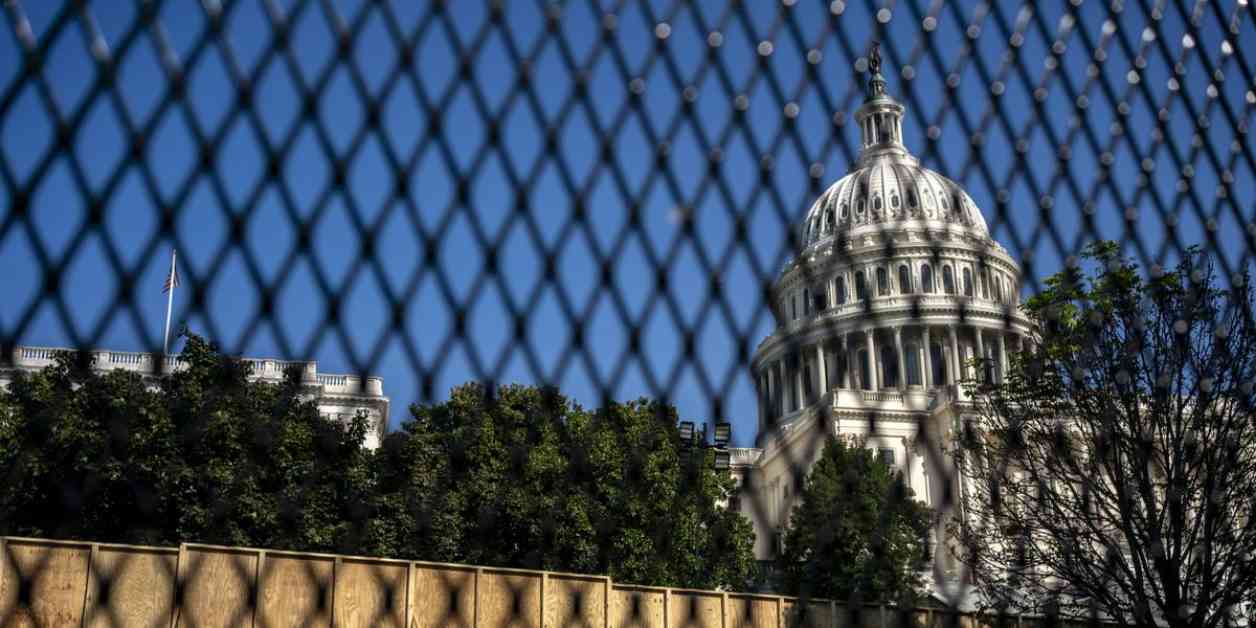Kalshi’s recent court victory against the Commodity Futures Trading Commission (CFTC) has sparked a significant debate within the U.S. political prediction markets. Judge Jia Cobb’s ruling in favor of Kalshi has been touted as one of the most important decisions in the history of prediction markets, with potential far-reaching implications for the industry.
The case, which pitted Kalshi against the CFTC, centered on the legality of the prediction market’s event contracts, specifically those related to political outcomes such as which party would control each house of Congress. The CFTC had previously taken an aggressive stance against prediction markets, ordering platforms like Polymarket to cease operations in the United States and attempting to shut down PredictIt.
Kalshi, however, had a legal advantage as a regulated exchange, allowing it to self-certify event contracts within certain parameters. Despite this, the CFTC moved to prohibit Kalshi from listing political event contracts, arguing that they constituted illegal gaming activities.
In a groundbreaking decision, Judge Cobb disagreed with the CFTC’s assessment, finding that Kalshi’s congressional control contracts were not illegal gaming but rather involved elections and political outcomes. This ruling marked a significant victory for Kalshi and the broader prediction market industry.
However, the CFTC was not willing to accept defeat. At a hearing on September 12, the Commission argued for a stay on the court’s decision, citing potential irreparable harm if Kalshi’s contracts were allowed to be listed. The D.C. Circuit Appeals Court eventually granted the CFTC’s request for a stay, further complicating the situation.
The CFTC’s actions have raised concerns about the agency’s motivations, particularly in light of what some have termed “midnight rulemaking.” This practice involves an outgoing administration enacting regulatory changes in its final days, potentially without the same level of political accountability as a sitting administration.
The CFTC’s proposed rule to define gaming more broadly has added another layer of complexity to the situation. By expanding the definition of gaming to include staking or risking something of value on various outcomes, the CFTC sought to exert greater control over prediction markets.
Despite these challenges, Judge Cobb’s ruling may have far-reaching implications for the regulation of prediction markets, particularly those involving elections. By clarifying that contracts involving elections do not necessarily constitute gaming, Judge Cobb’s decision could pave the way for the legality of such contracts.
Moving forward, the outcome of the appeals process will be closely watched to determine the future of prediction markets in the U.S. With potential shifts in leadership at the CFTC and the broader regulatory landscape, the industry faces a period of uncertainty and change.
Subheadings:
The Legal Battle: Kalshi vs. CFTC
Implications of Judge Cobb’s Ruling
Challenges and Opportunities for Prediction Markets
As the debate over prediction markets continues to unfold, it is essential to consider the broader implications of regulatory decisions on innovation and consumer choice. While concerns about gaming and illegal activities must be addressed, it is crucial to strike a balance that allows for the responsible growth of prediction markets in the U.S.
In conclusion, Kalshi’s court victory represents a significant milestone in the ongoing evolution of prediction markets. The industry’s future remains uncertain, but with the right regulatory framework in place, prediction markets could continue to thrive and provide valuable insights into a wide range of political and economic outcomes.














